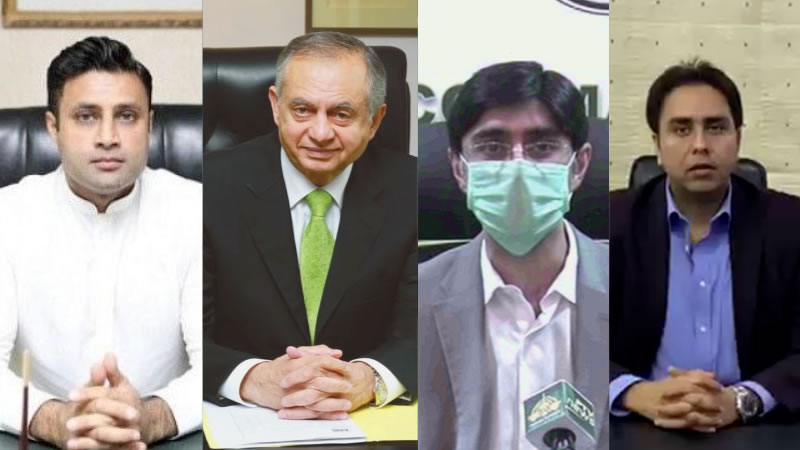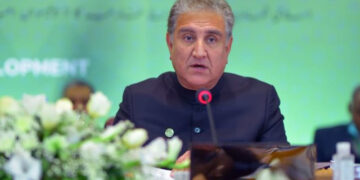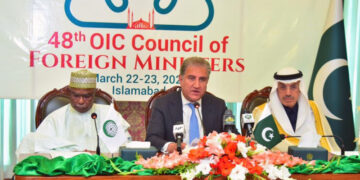The Supreme Court was on Tuesday requested to declare the appointment of eight special assistants and one adviser to the prime minister as illegal and unconstitutional for holding dual nationality and order withdrawal of notifications appointing them to the coveted posts.
The petition in fact is an appeal against the July 30 rejection of the same by the Islamabad High Court. The appeal was filed by Advocate Malik Munsif Awan through his counsel Mohammad Ikram Chaudhry, who had challenged the appointments in the high court.
The appointment of those challenged in the apex court included Special Assistant to the Prime Minister (SAPM) on Petroleum Nadeem Babar, Adviser to the PM on Commerce Abdul Razak Dawood, SAPM on Power Division Shahzad Qasim, SAPM on Overseas Pakistanis Syed Zulfiqar Abbas Bukhari, SAPM on Political Affairs Shahbaz Gill, SAPM on National Security Moeed Yousuf and SAPM on Parliamentary Coordination Nadeem Afzal Gondal.
In its judgment, the high court had held that the prime minister was the chief executive of one of the most important organs of the state and had to perform multiple/complex functions and this onerous role of the prime minister described under the Constitution could not be performed by him alone.
Same plea was rejected by Islamabad High Court on July 30“In order to enable the prime minister to transact business of the executive organ of the state, he ought to have the freedom to appoint officials or other persons for assistance. There is no restriction regarding the number of special assistants that can be appointed by the prime minster.
“There is also no restriction of appointing persons having dual nationality. The only restriction provided in the Constitution is under Article 63(1)(c) and it is confined to disqualification of a person from being elected or chosen as, and from being, a member of the Majlis-i-Shoora,” the high court had held.
The appeal before the Supreme Court argued that the Cabinet Division had recently issued details of assets and dual nationalities of 20 advisers and SAPMs, adding that the notification showed that of the 19 non-elected cabinet members, four SAPMs held dual nationality.
In addition, the SAPMs also owned properties worth millions of rupees both in Pakistan and abroad, the petition contended, wondering when so many enemies were trying to cap Pakistan’s nuclear assets, how could one expect to have unbiased and honest advice from the foreign nationals on matters pertaining to national security, economy, digitisation and planning, future prospects, political and parliamentary affairs.
The appeal questioned the mechanism devised to check the alleged pilferage of sensitive information on party of individuals who had taken the oath of allegiance to other countries and had access and were exposed to sensitive information vis-à-vis the country’s nuclear assets as well as development and economy.
The appointment of these foreign nationals also amounted to abrogation of the oath to the office of the prime minister which envisaged loyalty to Pakistan, the petition argued, adding that every public servant/office holder was trustee of the national interest. To secure sensitive information, the petition contended, it had become essential to remove the foreign nationals from the coveted posts.











